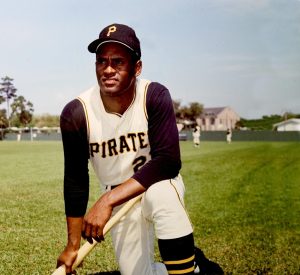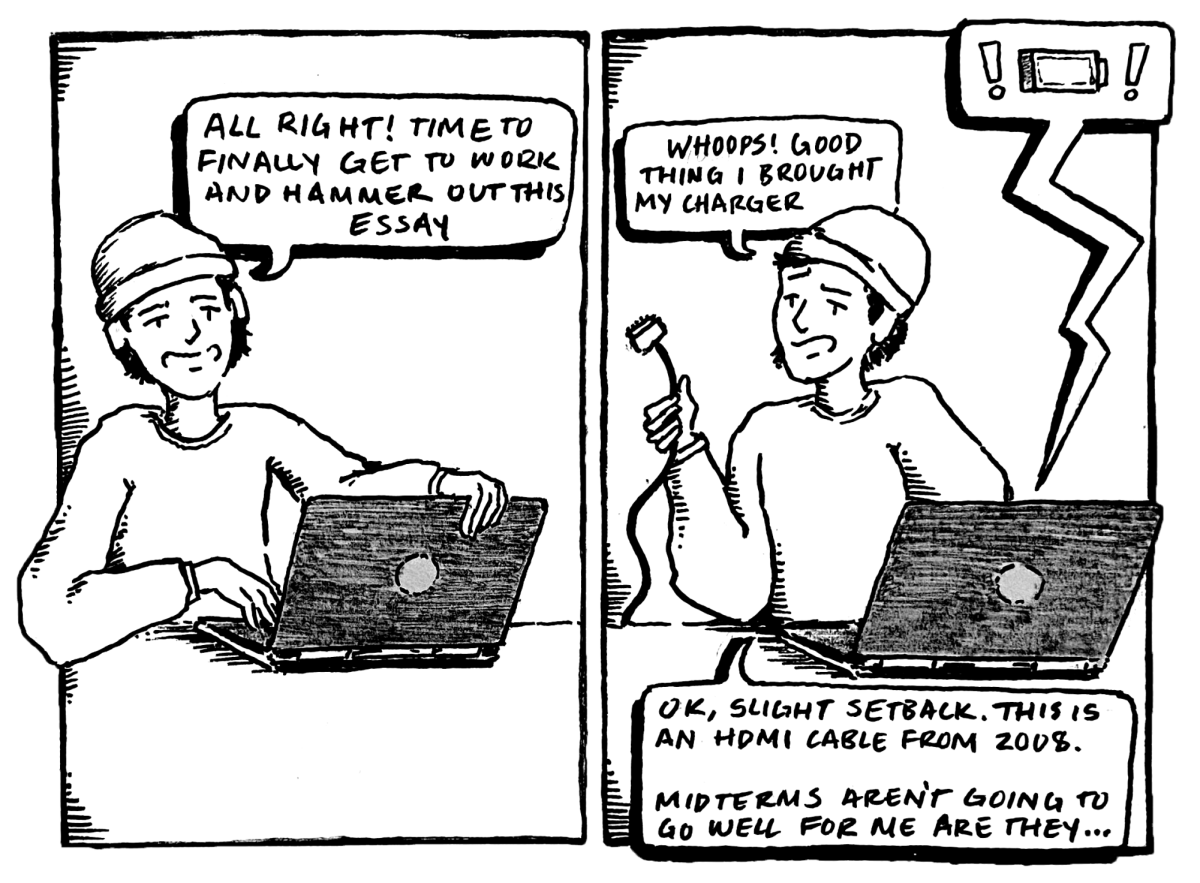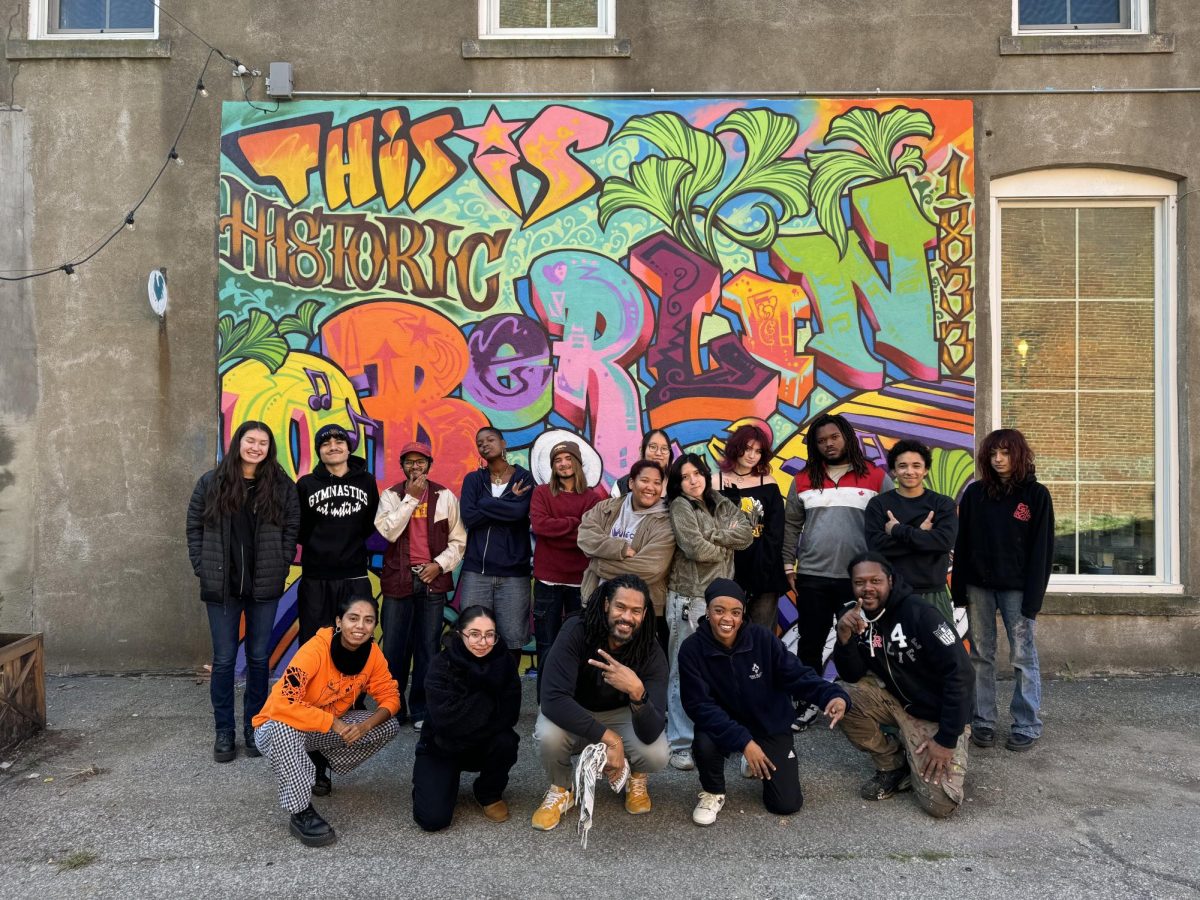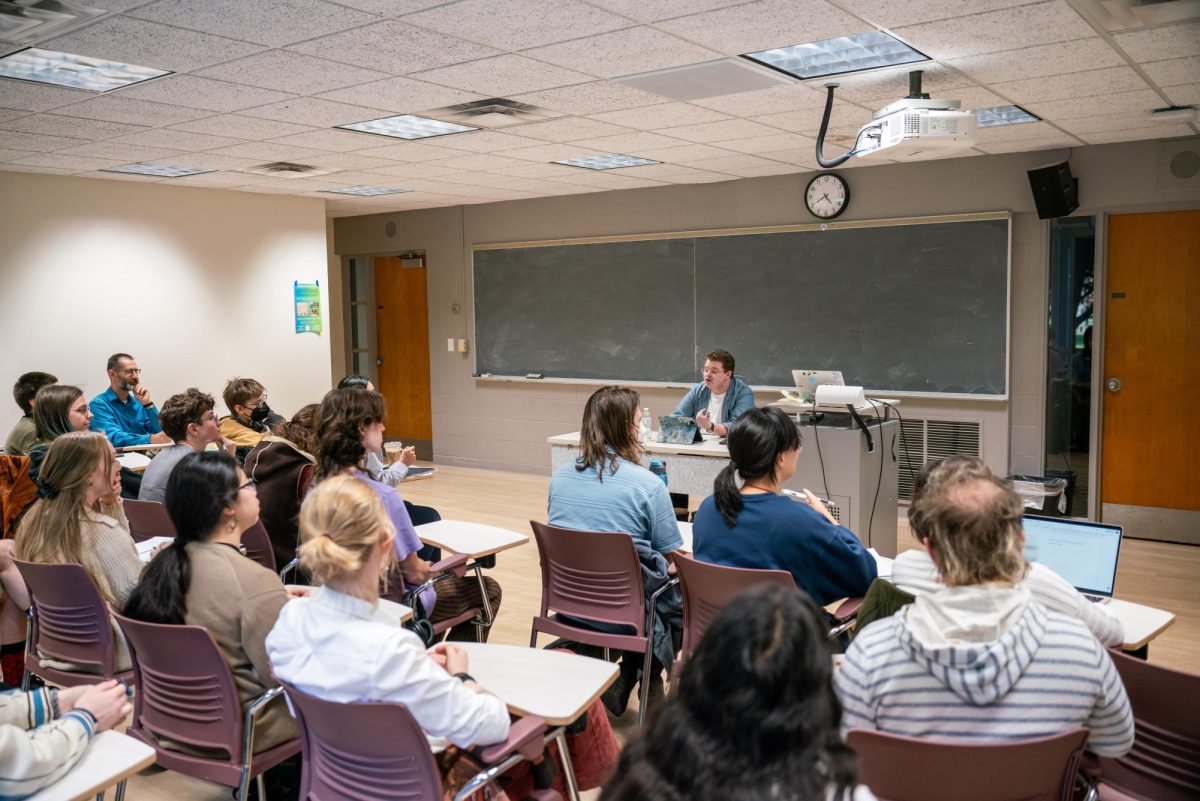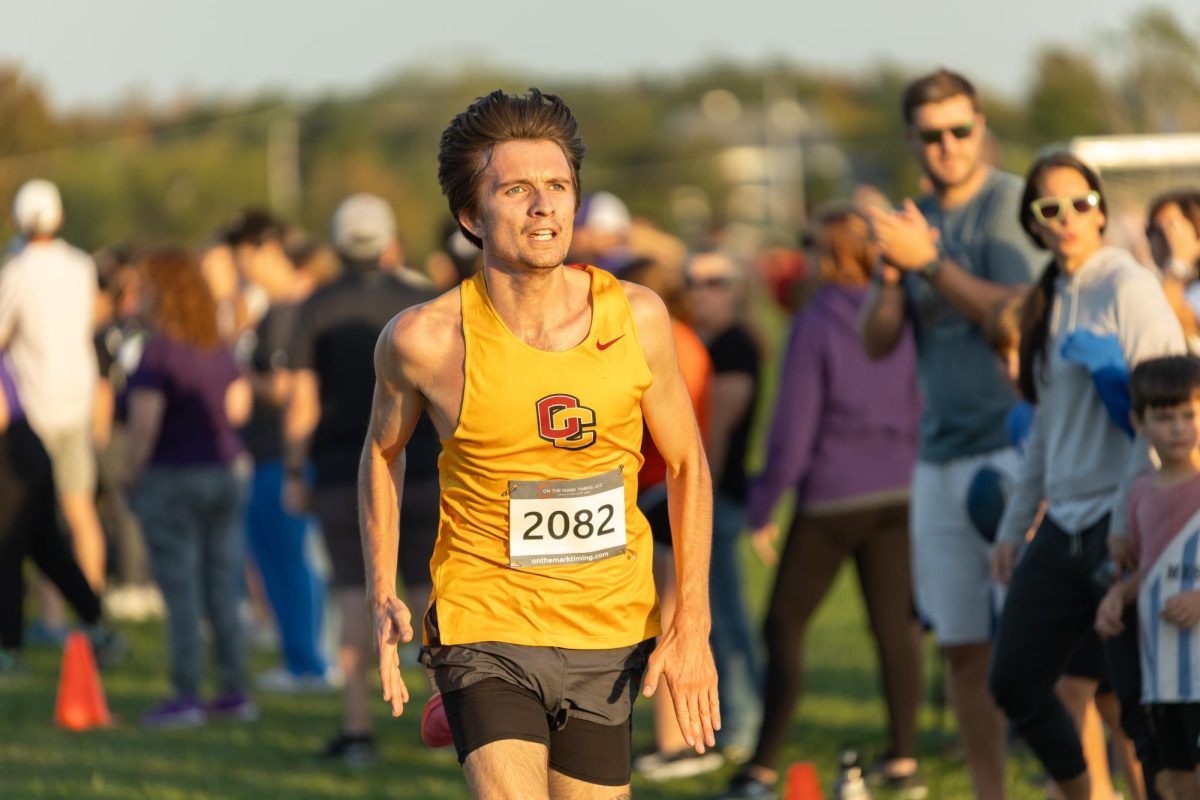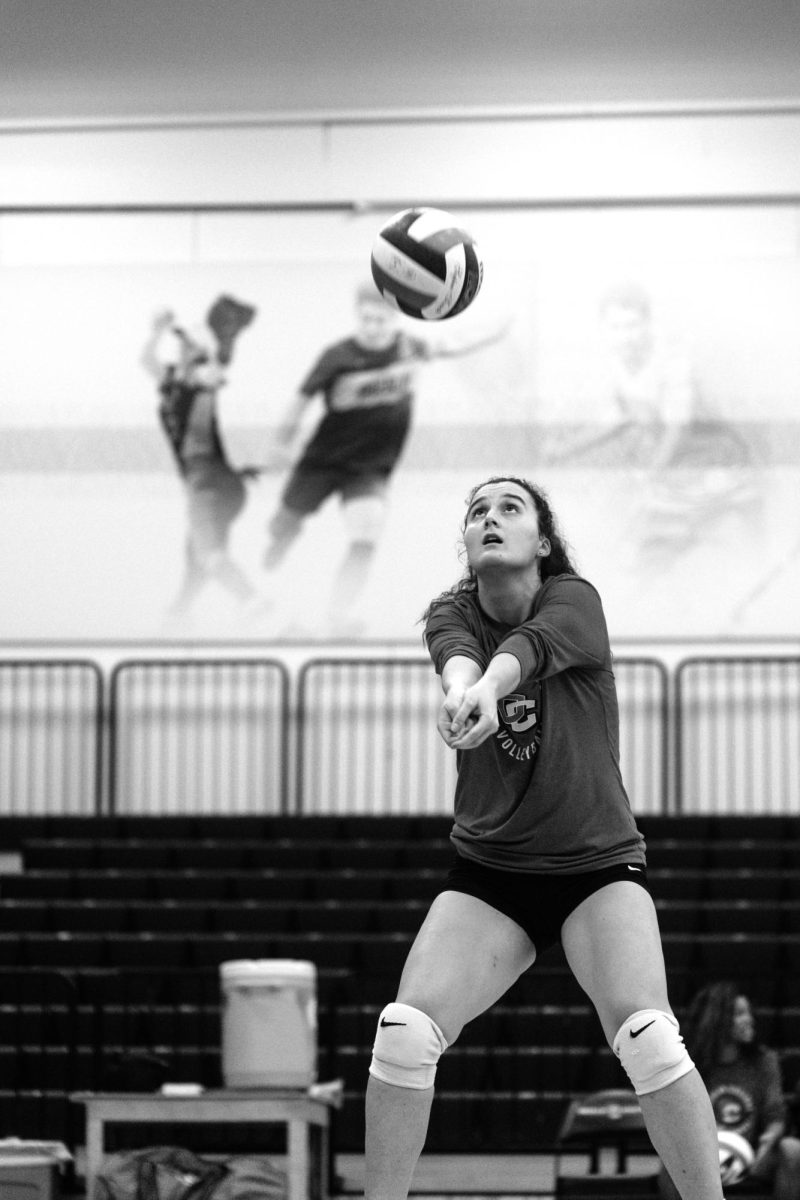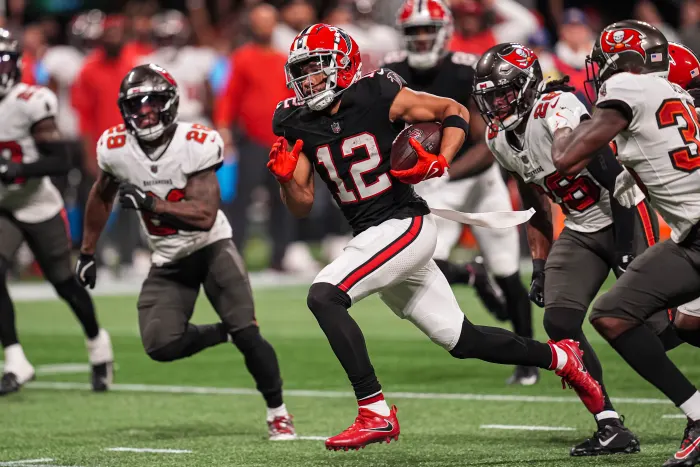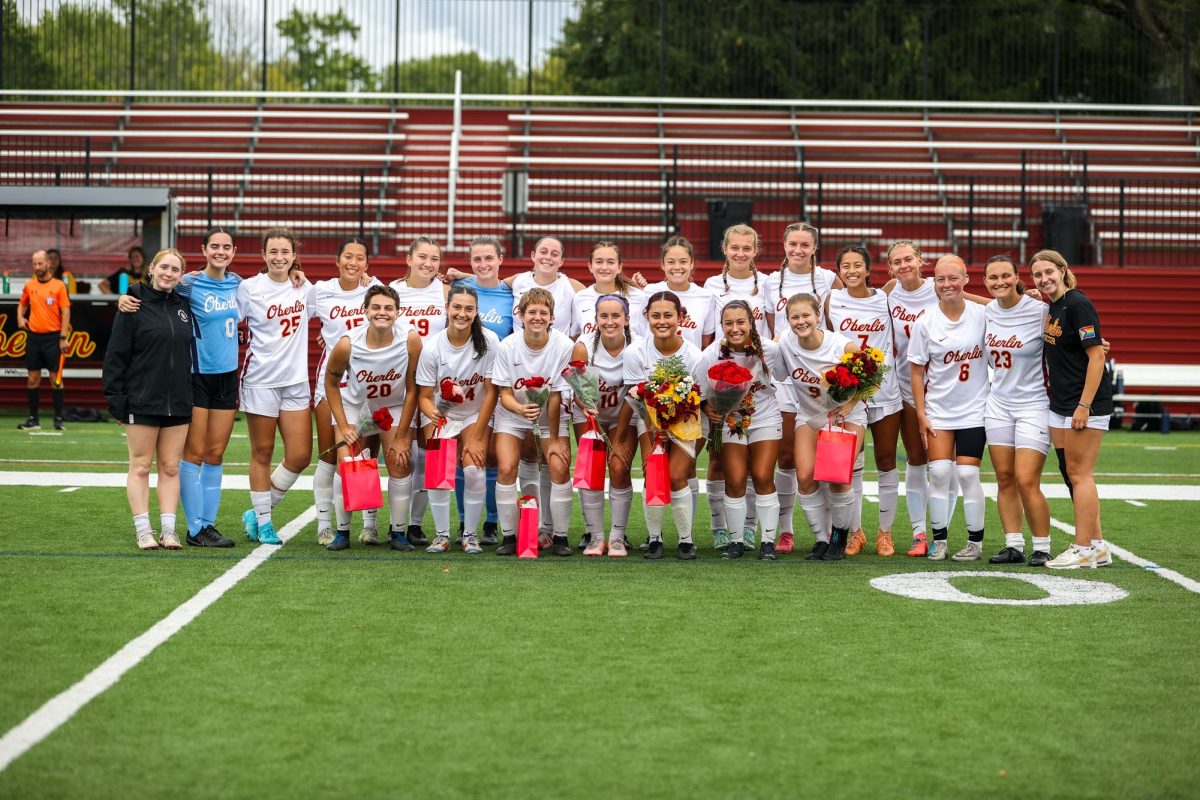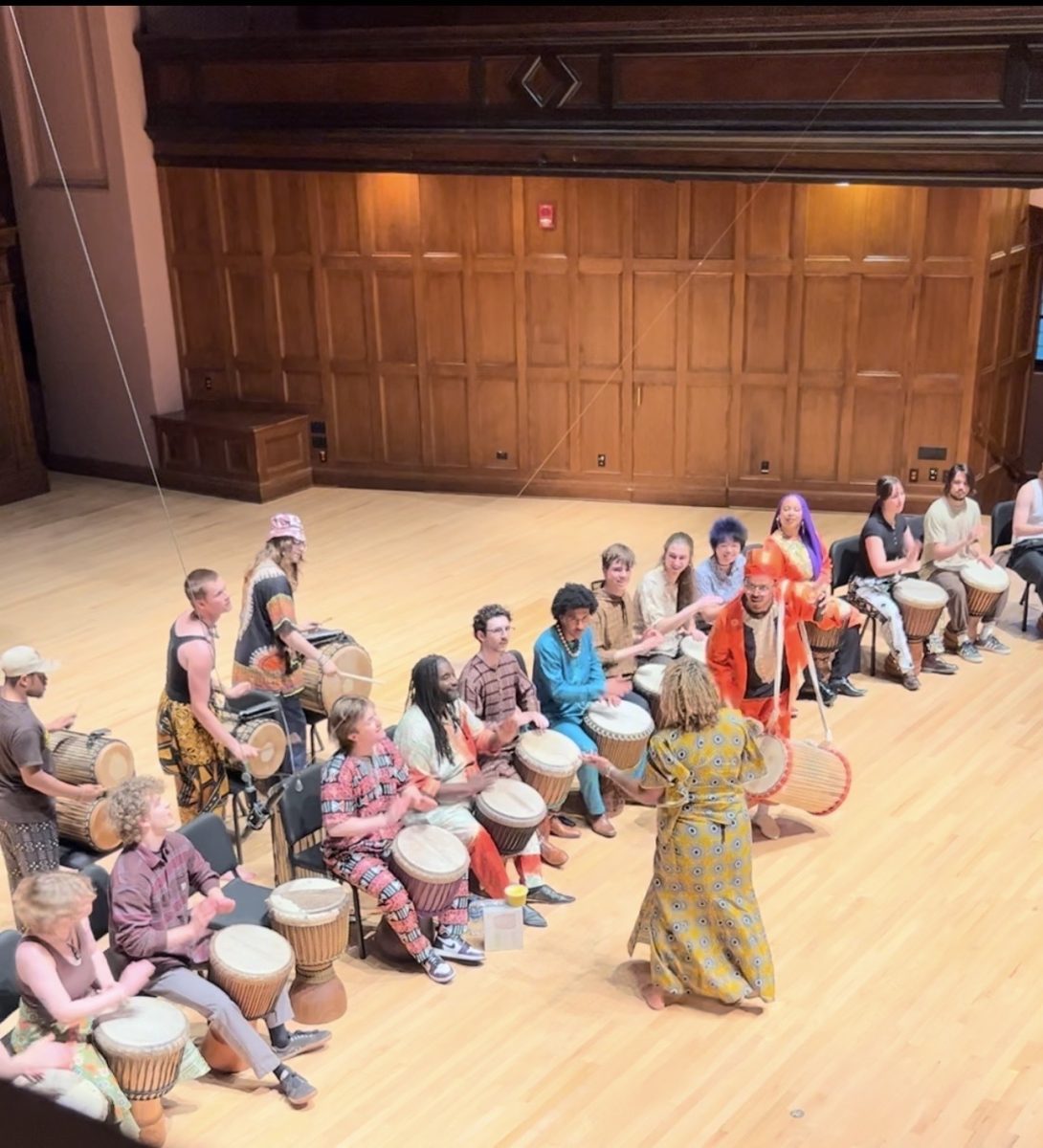Allyship Training Overdue
September 12, 2014
In what has been an important step in the right direction for Oberlin College Athletics this fall, the department required all fall varsity athletes to attend a two-hour trans allyship workshop for the first time during preseason in late August. Student facilitators from the Multicultural Resource Center conducted the workshops, which included lessons about distinguishing sex from gender and equipped student-athletes with other valuable tools regarding allyship, such as sharing different types of gender pronouns.
One of the most intriguing parts of these workshops was the relatively even spread of questions coming from seniors to first-years. Though they came from various classes, student-athletes inquired with an earnest desire to learn and understand more.
The success of the workshop sparked the question for me: Why is this the first time this workshop has been a required part of preseason?
While Oberlin prides itself on its progressive reputation, many students often manage to unknowingly dodge formal lessons on trans allyship and miss crucial cornerstones that are necessary to make our community a safer space for everyone.
As a fall athlete, my first-year orientation experience was curtailed by days filled with training, so I only had the opportunity to attend two orientation events. Though I must admit I will never know what I missed while at practice, neither of the sessions I attended broached topics like gender identity, preferred gender pronouns, sexuality and other related issues. This meant that until the beginning of my sophomore year, I had no real formal education on these subjects.
Why is this important? Because I, along with the entire fall-sport athletic community, missed out on an awesome opportunity for education about trans allyship. While I’m sure that other students may have passed on orientation sessions that covered a similar agenda, it is a unique loss for the athletic community at Oberlin, which so needs this education. That’s not to say that student-athletes are more prone to microaggressions than the next Oberlin student; however, it is definitely fair to say that sports’ culture has the potential to breed an environment where these microaggressions can go unnoticed unless we take the time to educate ourselves.
Even the NCAA’s own publication, “NCAA Inclusion of Transgender Student-Athletes,” acknowledges this major failure in collegiate athletics. It reads:
“Few collegiate athletics programs, administrators, or coaches have been prepared to fairly, systematically, and effectively address a transgender student’s interest in participating in athletics. The majority of intercollegiate athletics programs have no policy governing the inclusion of transgender student-athletes, and most coaches have not received any direction for accommodating a transgender student who wants to play on a sports team.”
It doesn’t stop there:
“In fact, most intercollegiate athletics programs have not received the information to address even basic accommodations such as knowing what pronouns or names to use when referring to a transgender student, where a transgender student should change clothes for practice or competition, or what bathroom or shower that student should use.”
In mandating trans allyship workshops for varsity student-athletes, the Oberlin College Athletics Department has certainly taken steps in the right direction in an effort to create a safer environment for trans student-athletes and to address the shortcomings the NCAA acknowledges. This trend can be detected at sister schools such as Kenyon College, which maintains its own Title IX office and provides support for trans student-athletes.
It is this shift in mentality toward transgender athletes in the athletic community that will begin to make collegiate athletics an equal-opportunity outlet for everyone. However, the athletics community at Oberlin still has a long way to go.





